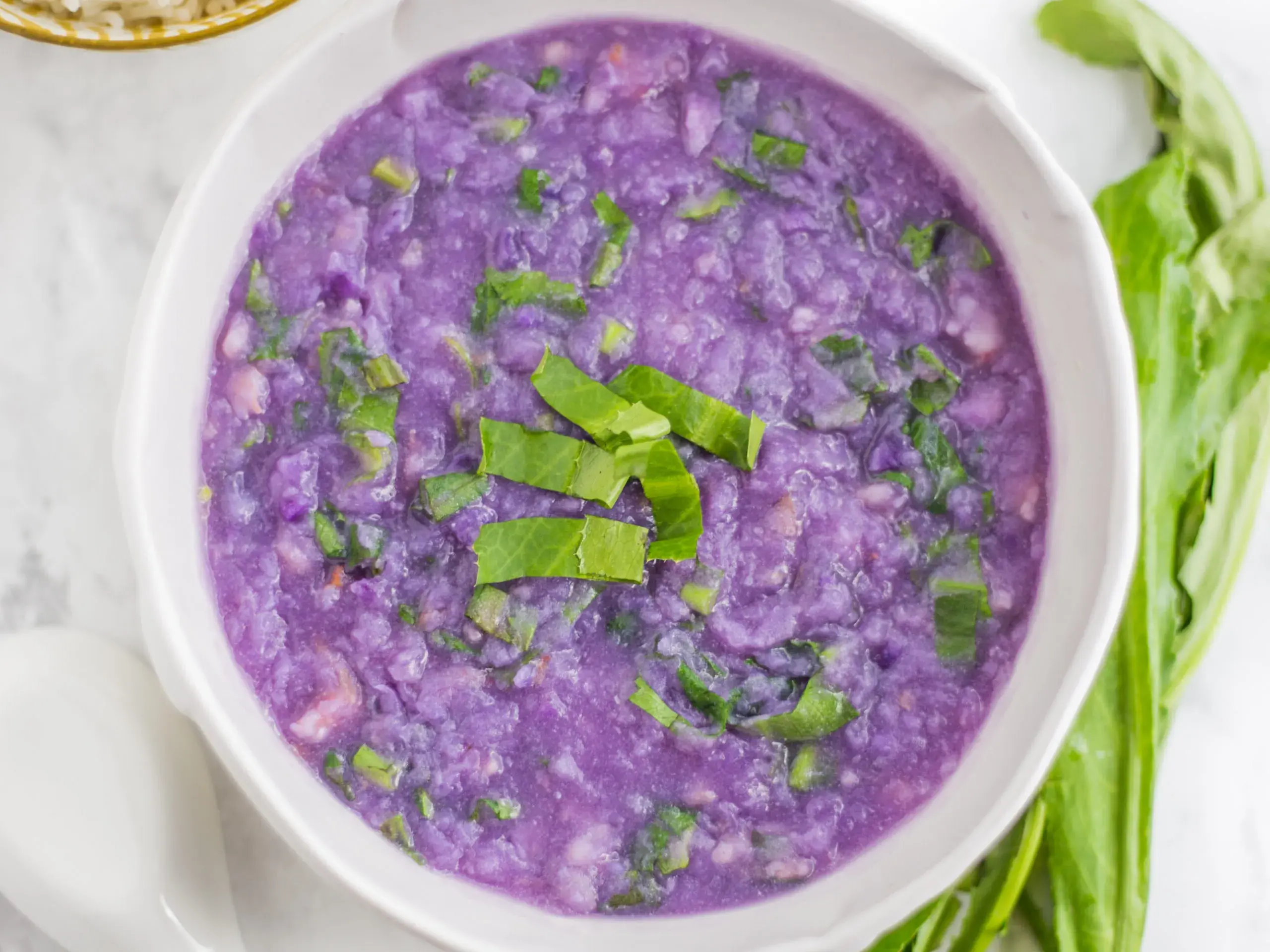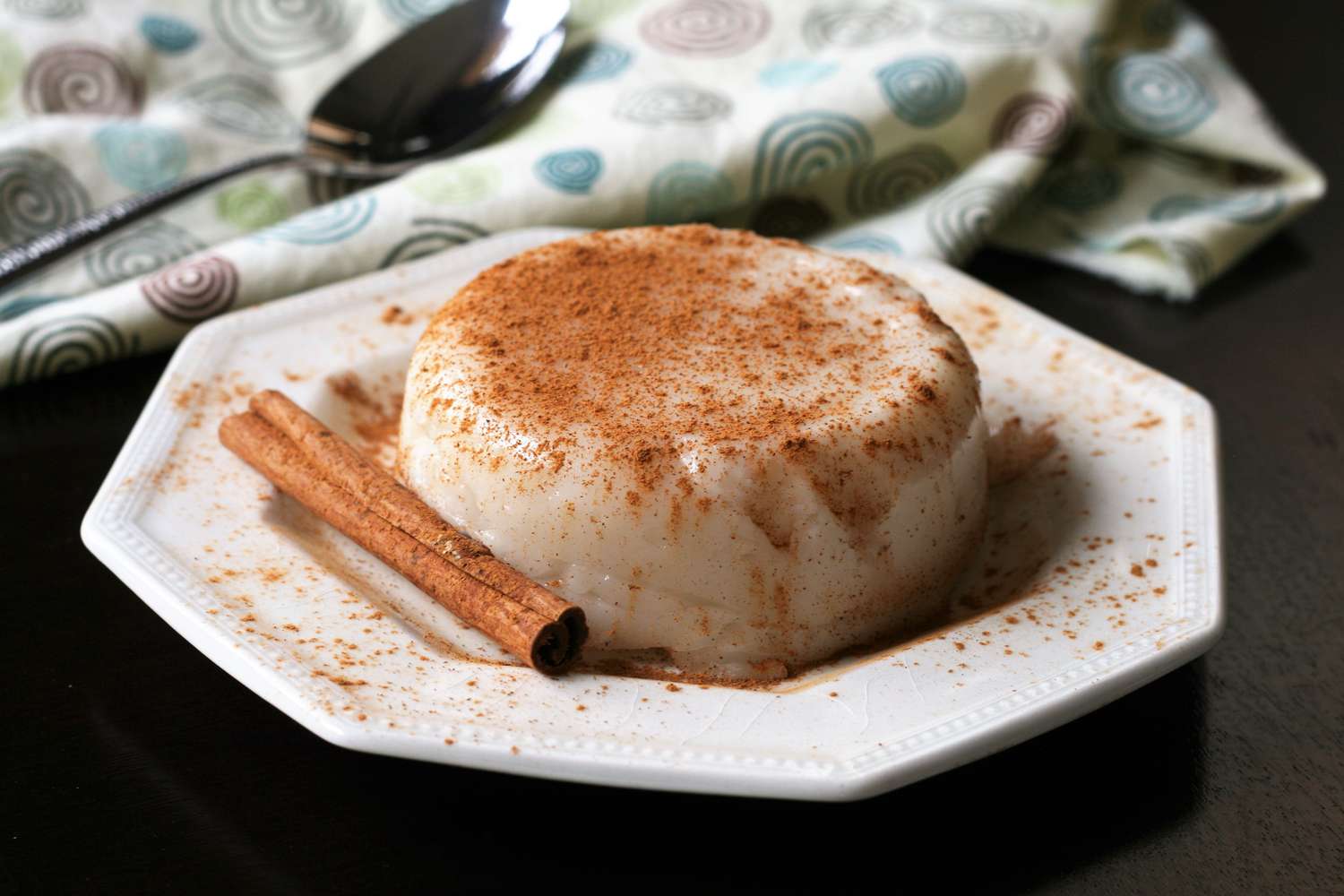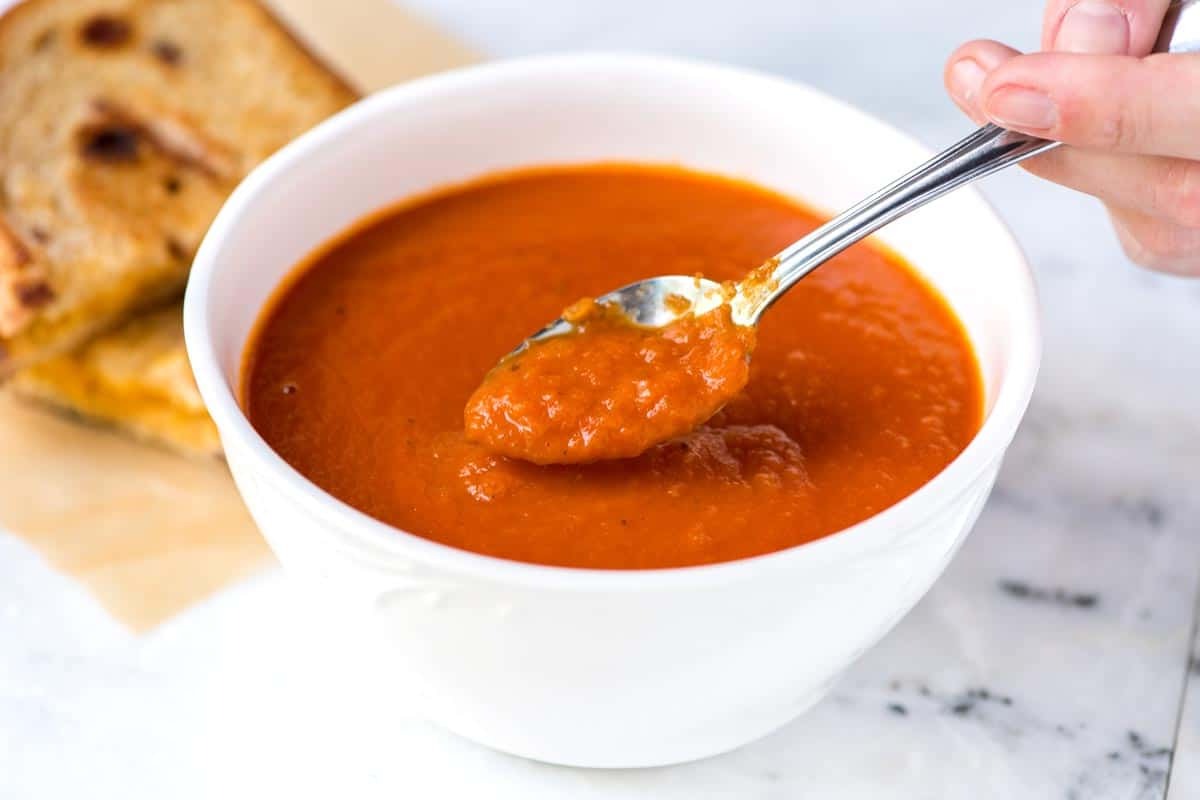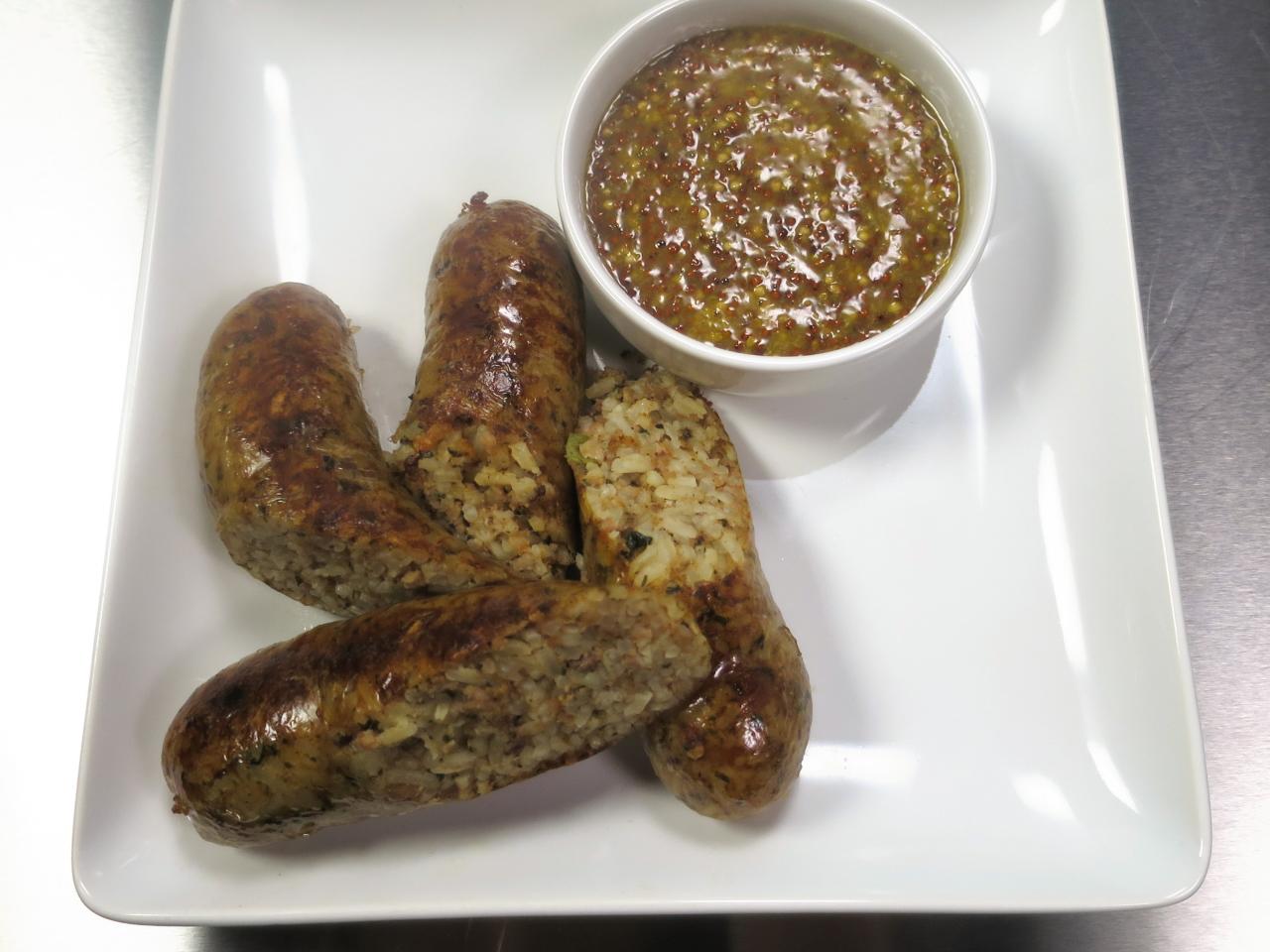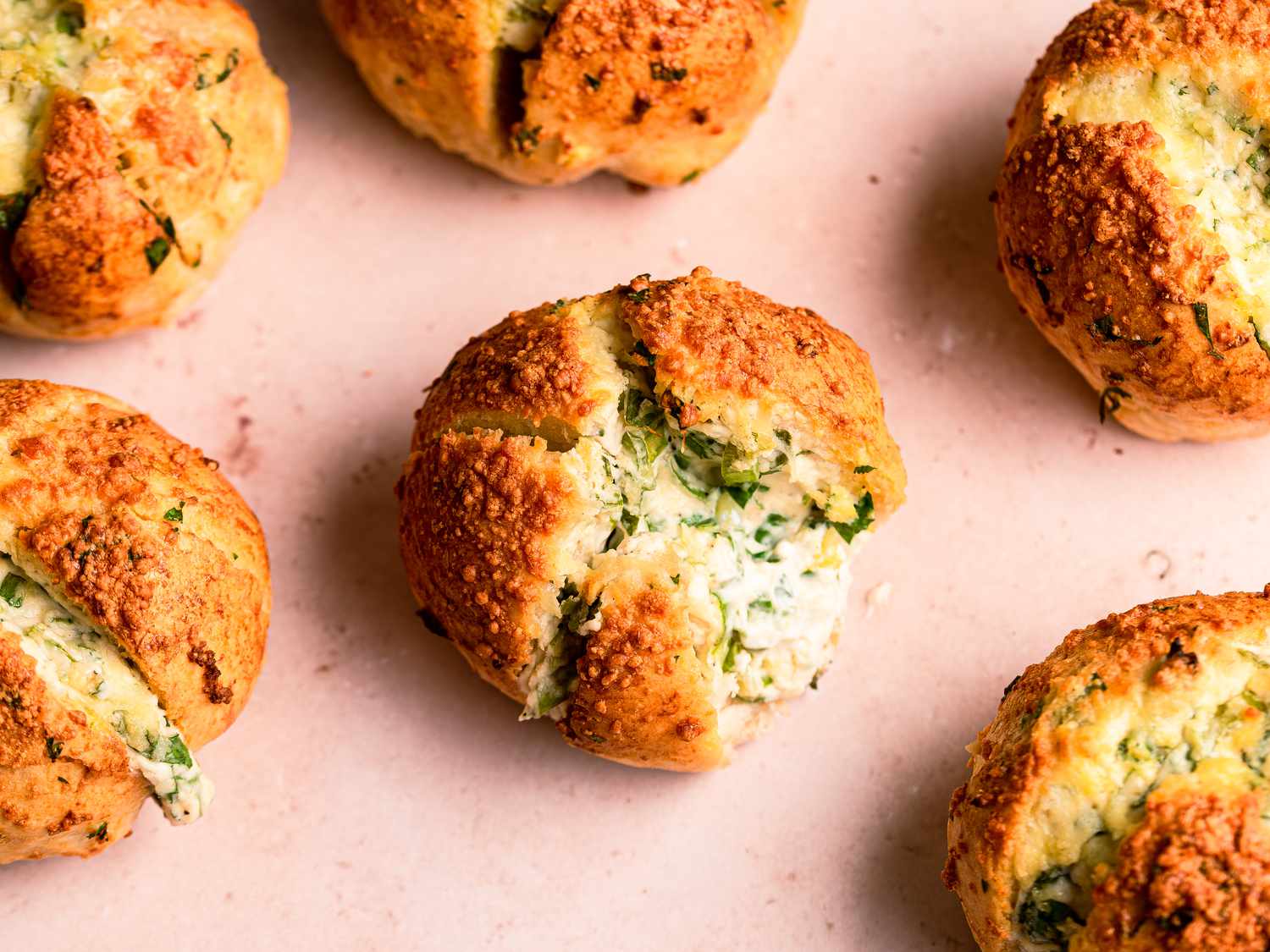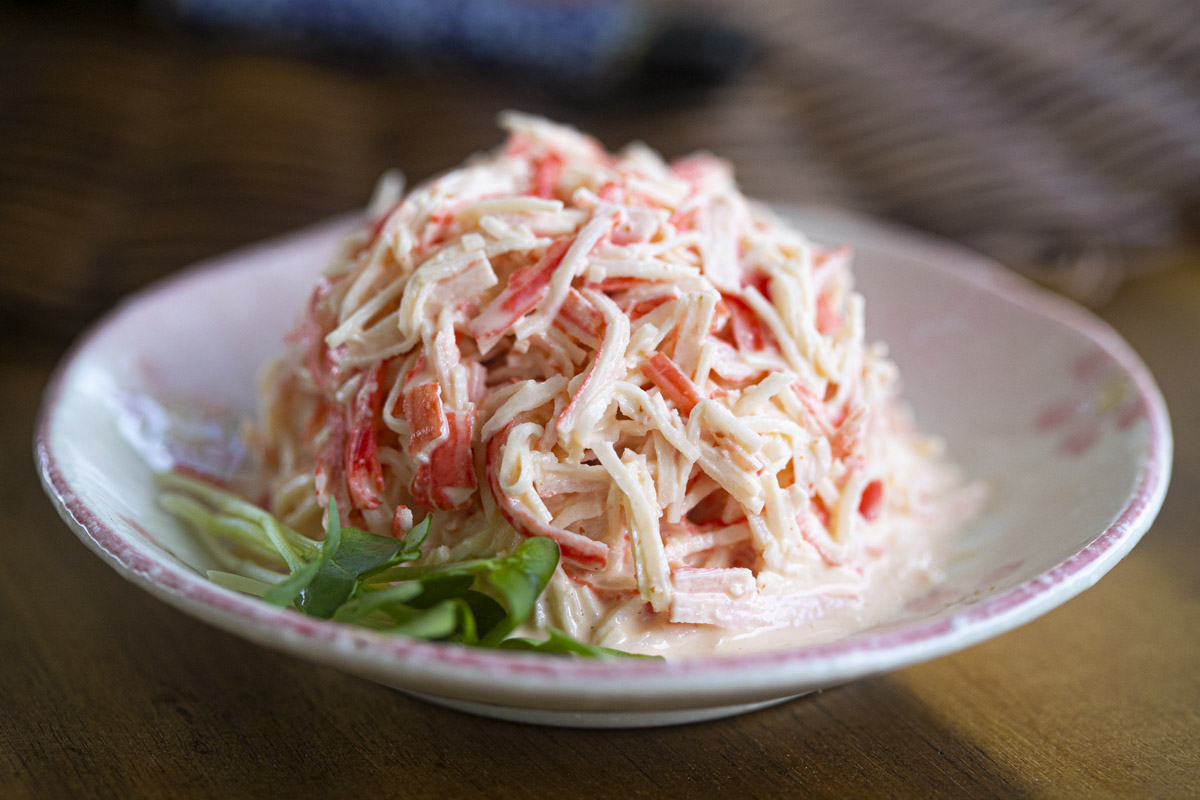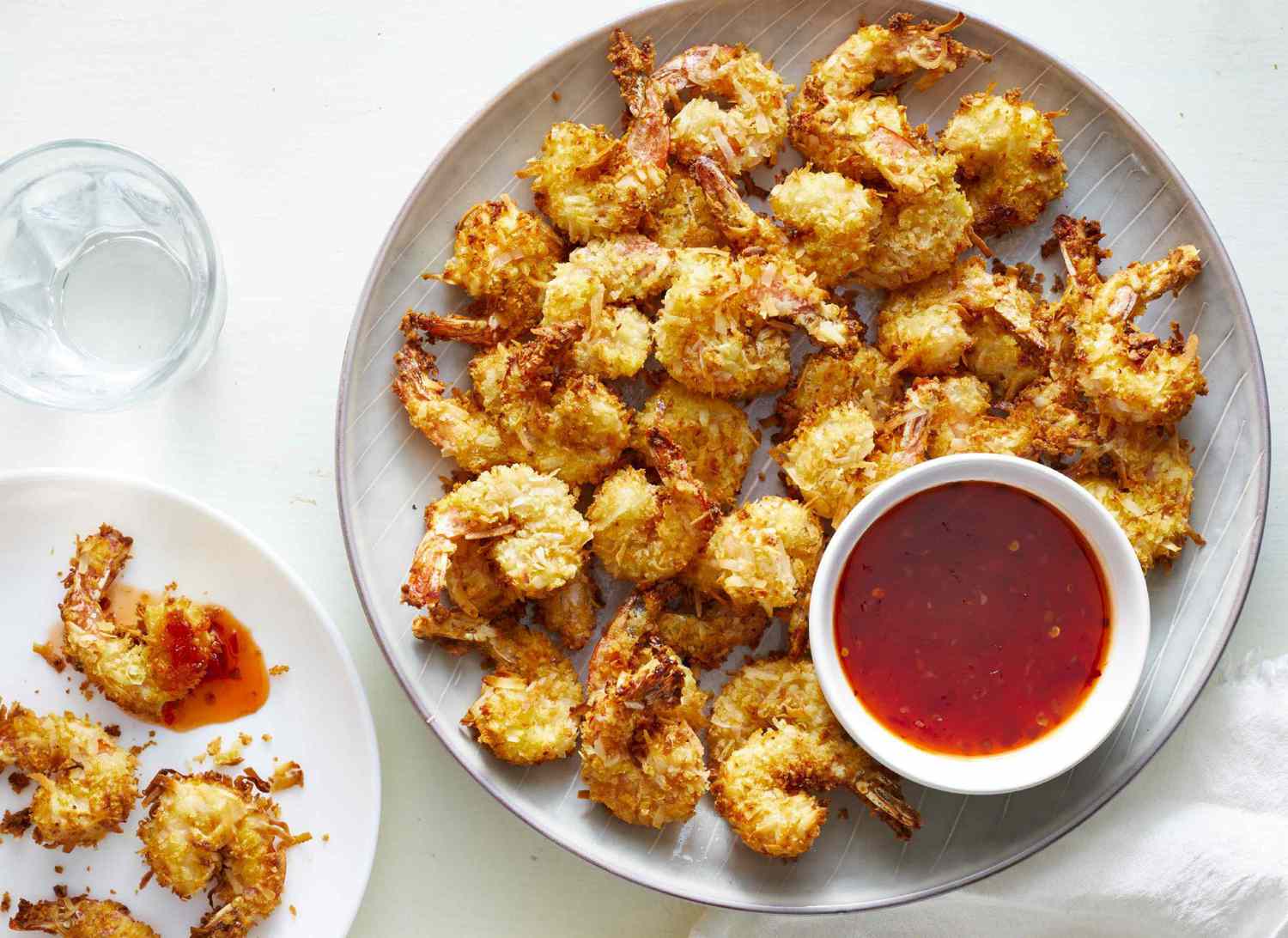The Healthiest Butter Options for Your Diet
Butter is a staple in many kitchens, but with so many options available, it can be challenging to determine which is the healthiest choice. When it comes to selecting the best butter for your diet, it’s essential to consider factors such as nutritional content, processing methods, and potential health benefits. Let’s explore some of the healthiest butter options to help you make an informed decision for your culinary needs.
Grass-Fed Butter
Grass-fed butter is derived from the milk of cows that have been primarily fed a diet of grass. This type of butter is known for its high levels of omega-3 fatty acids, which can help reduce inflammation and support heart health. Additionally, grass-fed butter contains higher concentrations of vitamins A, E, and K2 compared to conventional butter, making it a nutritious choice for those looking to enhance their diet with essential nutrients.
Ghee
Ghee is a form of clarified butter that has been used in traditional Indian cooking for centuries. During the clarification process, the milk solids are removed, resulting in a rich, nutty flavor and a higher smoke point compared to regular butter. Ghee is also free of lactose and casein, making it suitable for individuals with dairy sensitivities. Furthermore, ghee contains butyric acid, a short-chain fatty acid that may support digestive health and reduce inflammation in the body.
Organic Butter
Organic butter is produced from the milk of cows that have been raised without the use of synthetic pesticides, hormones, or antibiotics. Choosing organic butter can help minimize exposure to potentially harmful chemicals and ensure that the butter is free from genetically modified organisms (GMOs). Additionally, organic butter may contain higher levels of beneficial nutrients, such as conjugated linoleic acid (CLA), which has been associated with potential health benefits, including weight management and improved metabolic function.
Coconut Butter
Coconut butter is a creamy spread made from pureed coconut flesh, offering a dairy-free alternative for those following a plant-based or lactose-free diet. Rich in medium-chain triglycerides (MCTs), coconut butter can provide a quick source of energy and may support cognitive function. Additionally, the natural sweetness of coconut butter makes it a versatile ingredient for both sweet and savory dishes, adding a tropical twist to your favorite recipes.
Avocado Butter
Avocado butter is a nutritious spread made from the flesh of ripe avocados, offering a source of heart-healthy monounsaturated fats, vitamins, and minerals. With its creamy texture and mild flavor, avocado butter can be used as a delicious and nutrient-dense alternative to traditional butter. The presence of potassium, folate, and vitamin E in avocado butter makes it a valuable addition to a balanced diet, supporting overall health and well-being.
Conclusion
When it comes to selecting the healthiest butter for your dietary preferences, it’s important to consider the nutritional profile, processing methods, and potential benefits of each option. Whether you opt for grass-fed butter, ghee, organic butter, coconut butter, or avocado butter, incorporating these wholesome choices into your cooking routine can elevate the flavor and nutritional value of your meals. By making informed choices about the butter you use, you can enhance the overall healthfulness of your diet while enjoying the rich, creamy goodness that butter brings to your favorite dishes.
Was this page helpful?
Read Next: What Is Egg Bread
